Intestine Transplant Cost in India
Unlock Exclusive Discount : Your Gateway to Premium Healthcare with Medsurge India Health Value Card.

Unlock Exclusive Discount : Your Gateway to Premium Healthcare with Medsurge India Health Value Card.

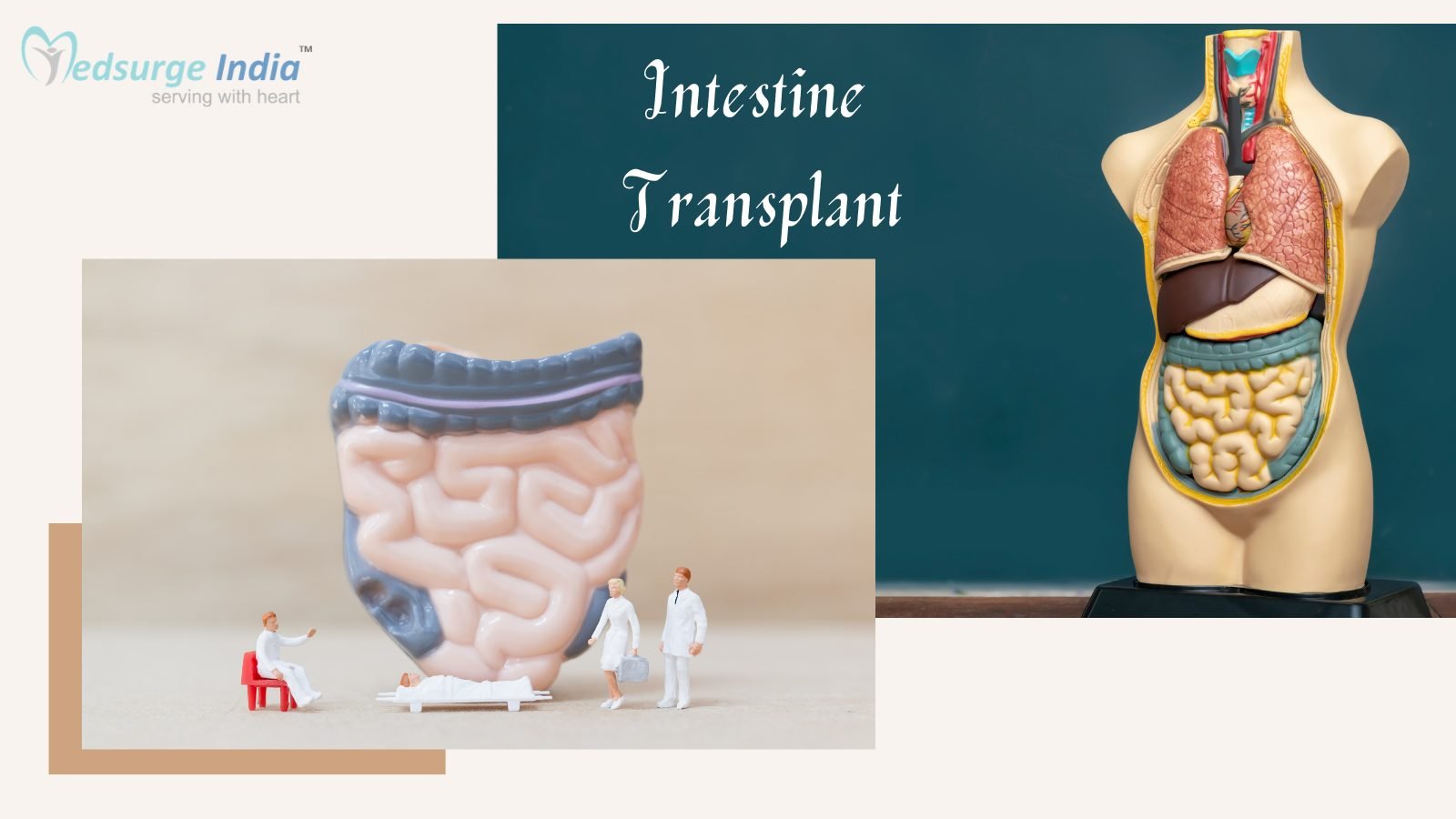
Intestine transplantation is a surgical treatment which is used to treat patients with intestinal failure and other issues associated with parenteral nutrition (PN). The conditions that may require an intestine transplant can be discovered at birth or as the child grows older.
Total Parenteral Nutrition (TPN)
For the human body, and the organs to operate properly, nutrients are required. If they can’t be consumed owing to intestinal failure, they’re given intravenously by complete parenteral nutrition, which involves inserting a catheter into the patient’s neck, arm, chest, or groin. Because using a catheter on a long-term basis increases the risk of infections, bone dislocation, and liver disease. As for that, Intestine Transplant in India has become the only long-term treatment that is for intestinal failure.
Intestine Transplant Cost in India are low as compared to other countries like the US, Russia, and the UK and patients seeking Intestine transplant in India have access to the greatest facilities, which provide reasonable healthcare packages, premium medical tools, and the assurance of first-rate medical personnel.
In the case of acute or chronic intestinal failure, an intestine transplant is performed, which involves surgically removing the diseased part of the small intestine and replacing it with a healthy small intestine from a donor.
One of the rarest types of organ transplants in India is intestine transplant. However, during the last decade and a half, the number of favorable outcomes and survival rates has progressively increased. Small bowel or small intestine transplant is another name for this procedure.
People who are dependent on TPN for an extended period of time may suffer and require a small intestine transplant. If children are placed on TPN for an indefinite period of time, they are more likely to develop major infections or liver problems.
Intestinal failure occurs when the gut’s ability to absorb water, macronutrients, micronutrients, and electrolytes is compromised (IF).
The inability to absorb all of the above aspects will have a significant impact on one’s quality of life.
Acute IF (Phase 1 and 2) is the first stage of the disease and can persist anywhere from weeks to months.
Before going into detail about the causes, it’s important to note that they can be classified as congenital or acquired, GI or systemic, benign or malignant.
Causes of Intestinal failure are based on the following gastrointestinal conditions:
Organ transplants are performed by a surgeon and their team of specialists who are experts in this field. This surgery is rarely done as you may have guessed, and requires strategic preparation and risk evaluation.
This, combined with anesthetic and dietary knowledge, will greatly improve the odds of survival and success.
This is not a transplant that should be undertaken and accepted by a faint-hearted surgeon who has no idea what they are doing.
Intestine transplant in India can starts from USD 50,000. With that the price for:
Furthermore, the entire Intestine treatment cost in India can also depend on a number of criteria such as:
A potential patient should be aware that three types of intestine transplantation in India are available. In any case, your doctor will be able to advise you on the best sort of intestine transplant to help you live longer and better:
In the same way that there are different types of intestine transplants, there are different types of intestinal transplant treatments. They are as follows:
During the procedure for an intestine transplant in India, you will be given a general anesthetic by your doctor, and you will be unconscious throughout the procedure. When you wake up from this arduous operation, which takes 8-10 hours, sometimes even longer, expect to be tired, groggy, and sore.
Because of advances in medical research, the number of people who have survived has increased over time. The success rate of intestinal transplants is currently 70%, and in some cases much higher.
After learning that the first intestine transplant was tried in 2013, we can claim that we have come a long way.
The country has some of the best medical care facilities and services in Asia, making medical tourism in India very popular. The best intestine transplant hospitals in India provide all types of cancer-related surgeries using advanced technology. Also, the intestine transplant cost in India is much more affordable as compared to other states or nations around the world. An international patient can expect to pay 50-60% less for a total intestine transplant cost in India.
Hospitals that treat intestine transplant in India provide comprehensive appropriate treatment, including comprehensive pre-operative evaluations, minimally invasive surgical options, and post-operative rehabilitation programs. Patients can expect personalized treatment, individualized attention, and compassionate care at these medical facilities. The hospitals are accredited by top international organizations such as the National Accreditation Board for Hospitals and Healthcare Providers (NABH) or the Joint Commission International (JCI).
Medsurge India is a prestigious support system for patients looking for doctors, hospitals, and specialized treatments. We'll find the most suitable medical options for you. Regarding your medical issues, our team will give you a list of certified, reputable, and trusted doctors and hospitals. Additionally, we offer a treatment strategy that fits your budget. Apart, we assist patients with obtaining travel authorizations, medical visas, and a multitude of other things.
A: Because the small intestine absorbs the majority of nutrients from meals, you would have to be fed intravenously if you lost your entire small intestine. The small intestine, on the other hand, is 20 feet long and unlikely to be completely lost.
A: Your intestines include your small bowel. It's the coiled elastic tube that converts the food and beverages you consume into energy for your body. It is not a small organ; it is roughly six meters in length and is one of the organs that can be given after death. The success rate of small bowel transplants is increasing all the time.
A: The gut is the most regenerative organ in the human body, with its epithelium, or lining, regenerating every five to seven days. The epithelium can resist the constant wear and tear it endures while breaking down food, absorbing nutrients, and removing waste because of continuous cell renewal.
A: You may have difficulty with loose stools and obtaining adequate nutrients from your diet if a big portion of your small intestine was removed. You may need ongoing medical therapy if you have a long-term (chronic) ailment like cancer, Crohn's disease, or ulcerative colitis.
A: Your bowel will be amended or removed if it is damaged. Bowel resection is the medical term for this treatment. If a part is removed, the healthy ends will be stitched or stapled back together. When a section of the intestine is removed, the ends of the intestine cannot always be reunited.
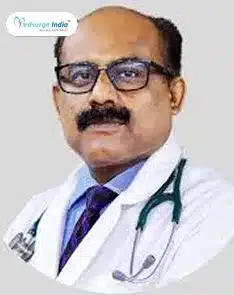
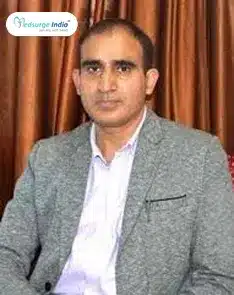
Kidney Transplant Surgeon
Consultant
8+ years
Fortis Escorts Hospital, Amritsar
View Doctor
Kidney Transplant Surgeon
Senior Consultant
20+ years of experience
NH Rabindranath Tagore International Institute of Cardiac Sciences, Kolkata
View Doctor
Liver Transplant Surgeon
Senior Consultant
16+ years of experience
NH Rabindranath Tagore International Institute of Cardiac Sciences, Kolkata
View Doctor
Liver Transplant Surgeon
Associate Director
15+ years of experience
MGM Healthcare, Chennai
View Doctor
Liver Transplant Surgeon
Consultant
20+ years of experience
Kauvery Hospital, Alwarpet, Chennai
View Doctor
Liver Transplant Surgeon
Senior Consultant
14 years of experience
Medanta – The Medicity, Gurgaon
View Doctor
Liver Transplant Surgeon
Consultant
11 years of experience
Global Hospital Mumbai
View Doctor
Liver Transplant Surgeon
Consultant
25 years of experience
Gleneagles Global Hospital, Lakdikapul, Hyderabad
View Doctor
Liver Transplant Surgeon
Consultant
9 years of experience
Narayana Hospital Bangalore
View Doctor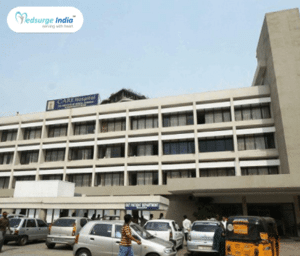
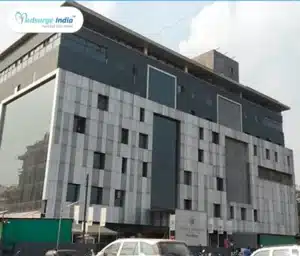
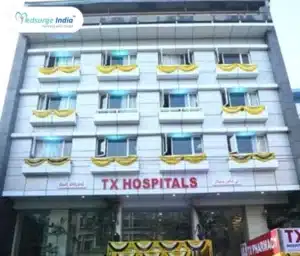
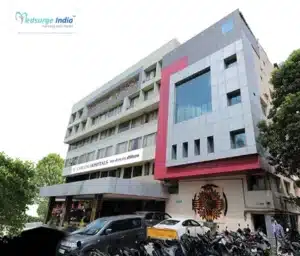



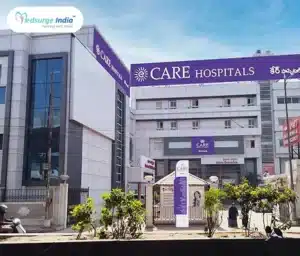
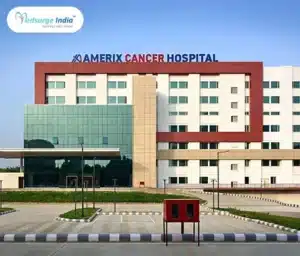
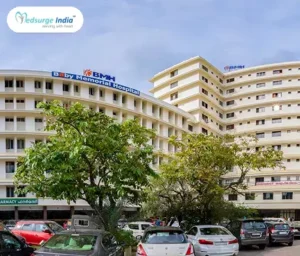
By using our site, you agree to our Terms and Conditions, Privacy Policy and Refund Policy. Medsurge India provides reliable healthcare information and treatment options to support informed decision-making. Our content is designed to support and complement the guidance of your treating doctor, helping you feel informed and confident throughout your healthcare journey. We also Accept International Payments.

Copyright © 2025 NSM ONLINE SOLUTIONS PRIVATE LIMITED. All rights reserved.